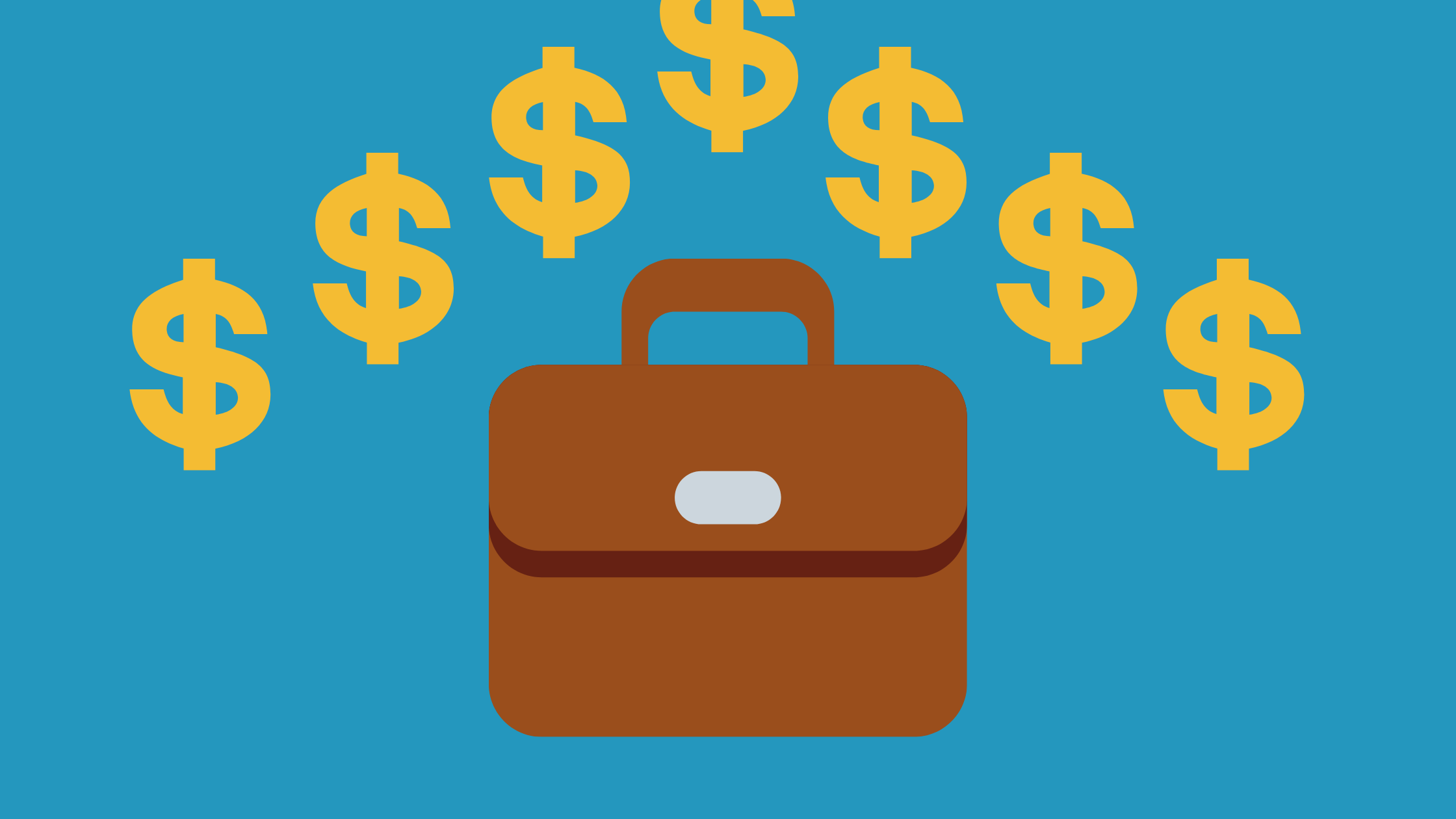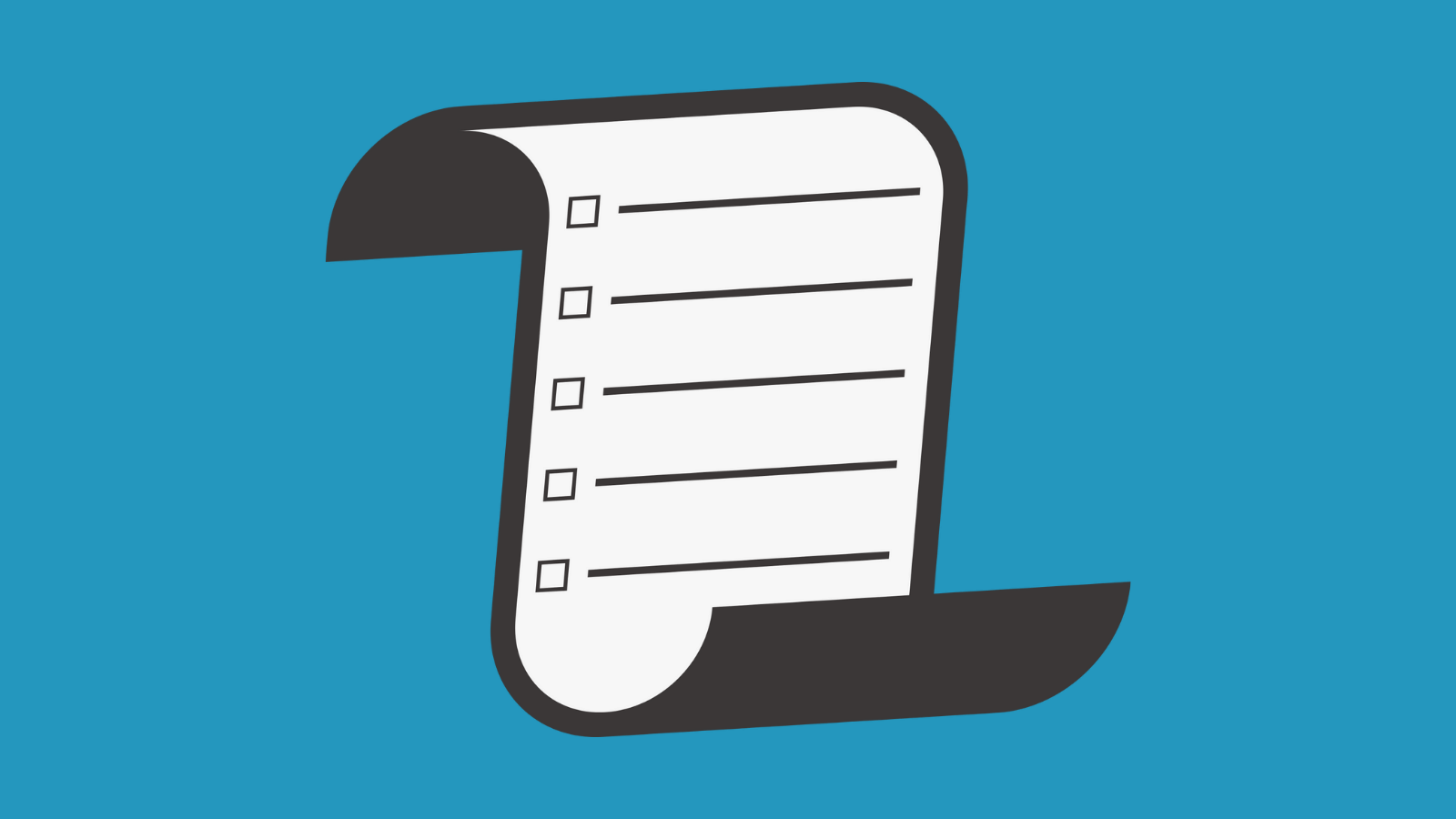For many aspiring small business owners, how much it costs to start a business can make or break their dreams. There’s no definitive price tag for being an entrepreneur, but you can estimate your business startup costs before you get started.
Common Startup Costs
First, figure out exactly what you need to pay for. The major business startup expenses include:
- Office Space
- Utilities
- Equipment
- Inventory
- Shipping
- Insurance
- Licenses and Permits
- Payroll
- Marketing
- Taxes and Accounting
- Legal
Office Space
Before you start looking for real estate, ask yourself questions like:
- How much space do I need?
- Can I run my business out of my home?
- Would I rather buy vs. lease commercial property?
- Where would I like to open my business?
- How much is the security deposit or down payment?

Utilities
Don’t forget about utilities! These might include:
- WiFi
- Electric
- Gas
- Water
- Sewer
- Phone
- Cable
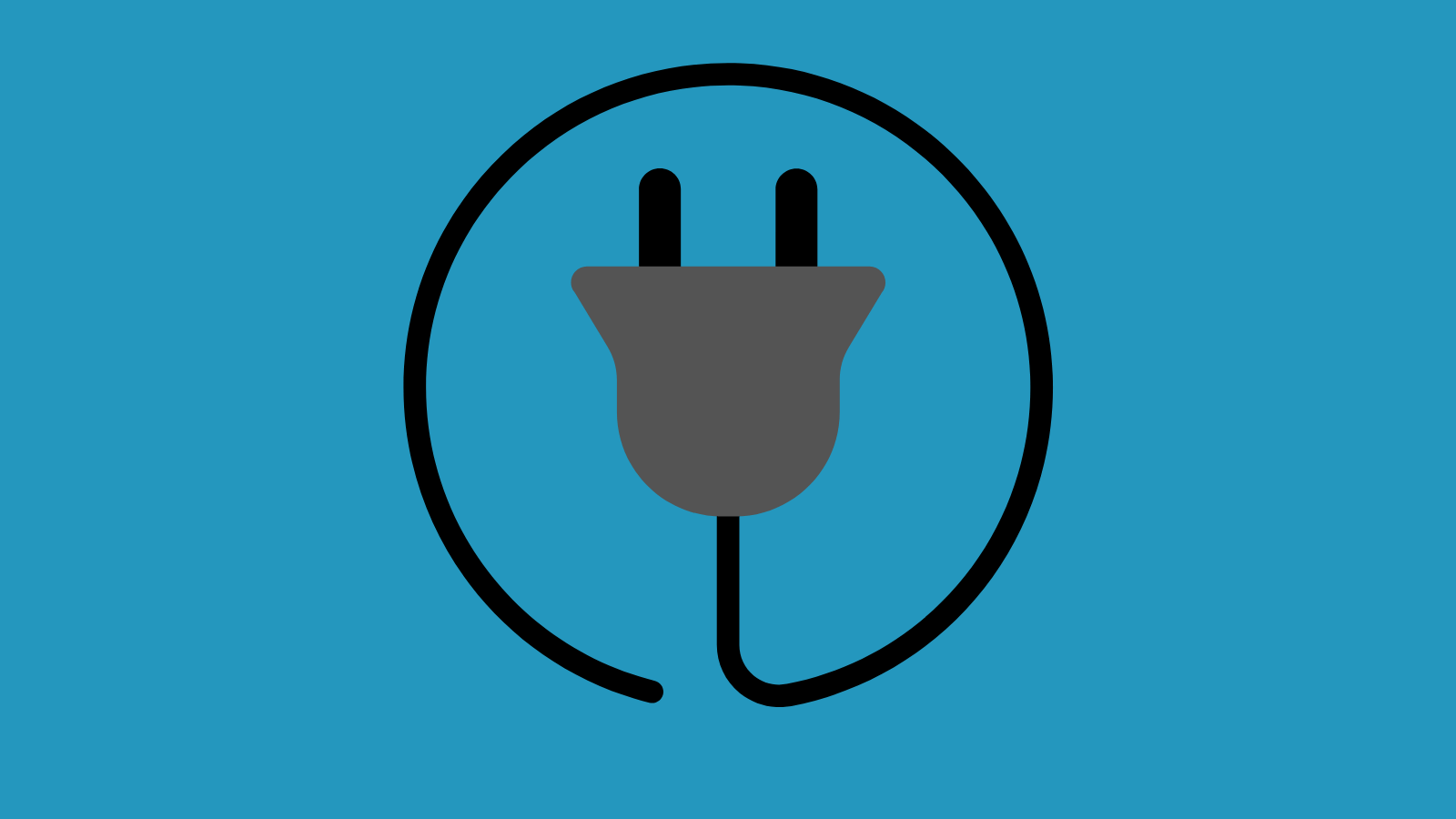
Equipment
No matter what kind of business you’re running, you’ll need equipment, including but not limited to:
- Copier
- Printers
- Computers
- Vehicles
- Software
- Office Furniture
- Office Supplies
- Appliances
- Light fixtures

Inventory
If your business is based around physical goods, you’ll need inventory. Your inventory costs will depend on:
- How much of each type of good you need
- Suppliers’ cost ranges
- Inventory storage costs

Shipping
Shipping costs can sneak up on new business owners. These costs will depend on:
- Shipping volume
- Delivery time
- Packaging materials
- Package dimensions and weight
- Destinations
- Tracking
- Type of item
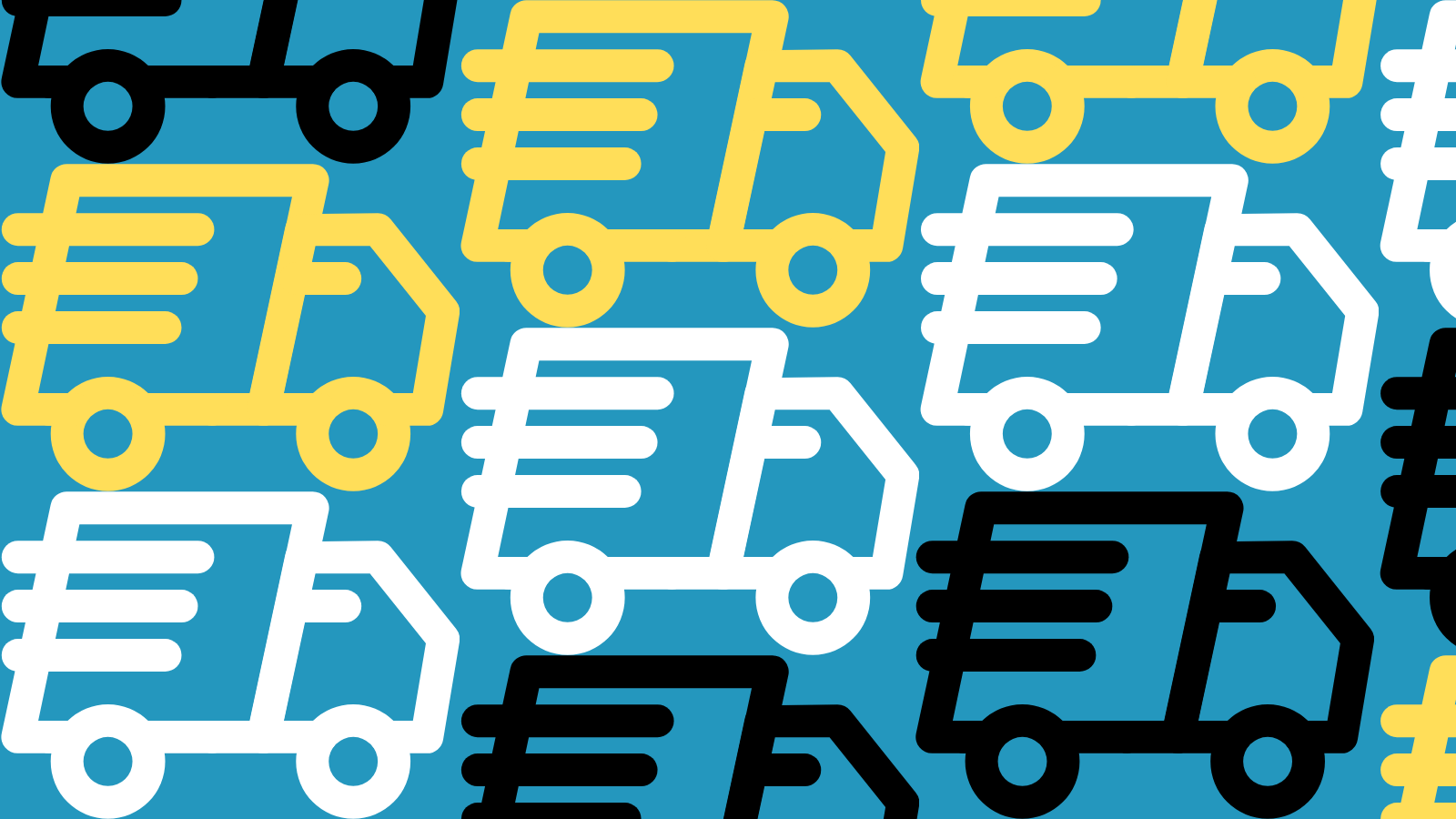
Insurance
You need to be prepared in case something goes wrong. There are a few different types of business insurance. Your insurance costs may include:
- Employee health insurance
- Liability insurance
- Property insurance
- Shipping insurance
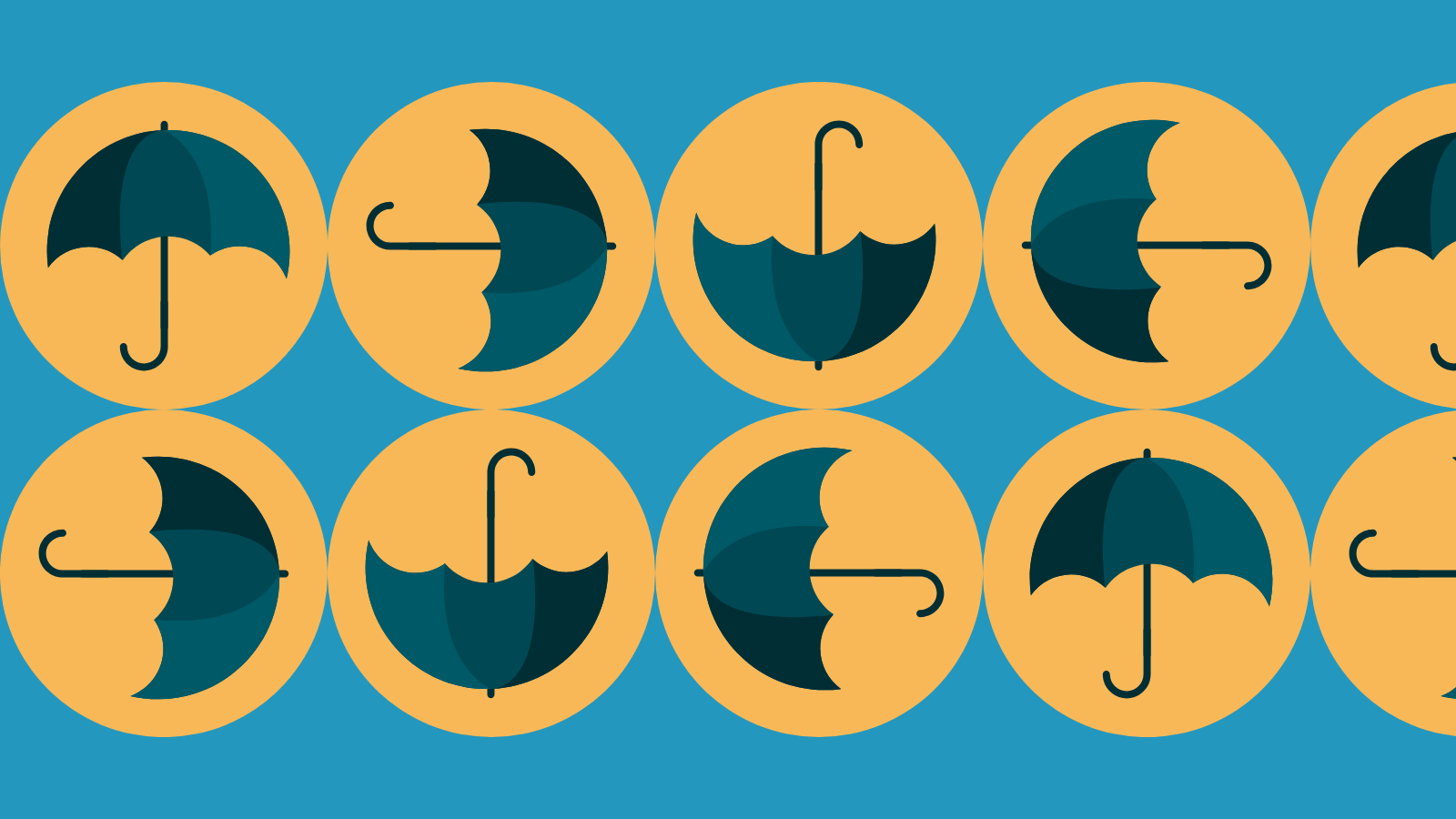
Licenses and Permits
- Business license
- Sales tax permit
- Building permit
Contact your state and local government to find out which licenses and permits your business needs.
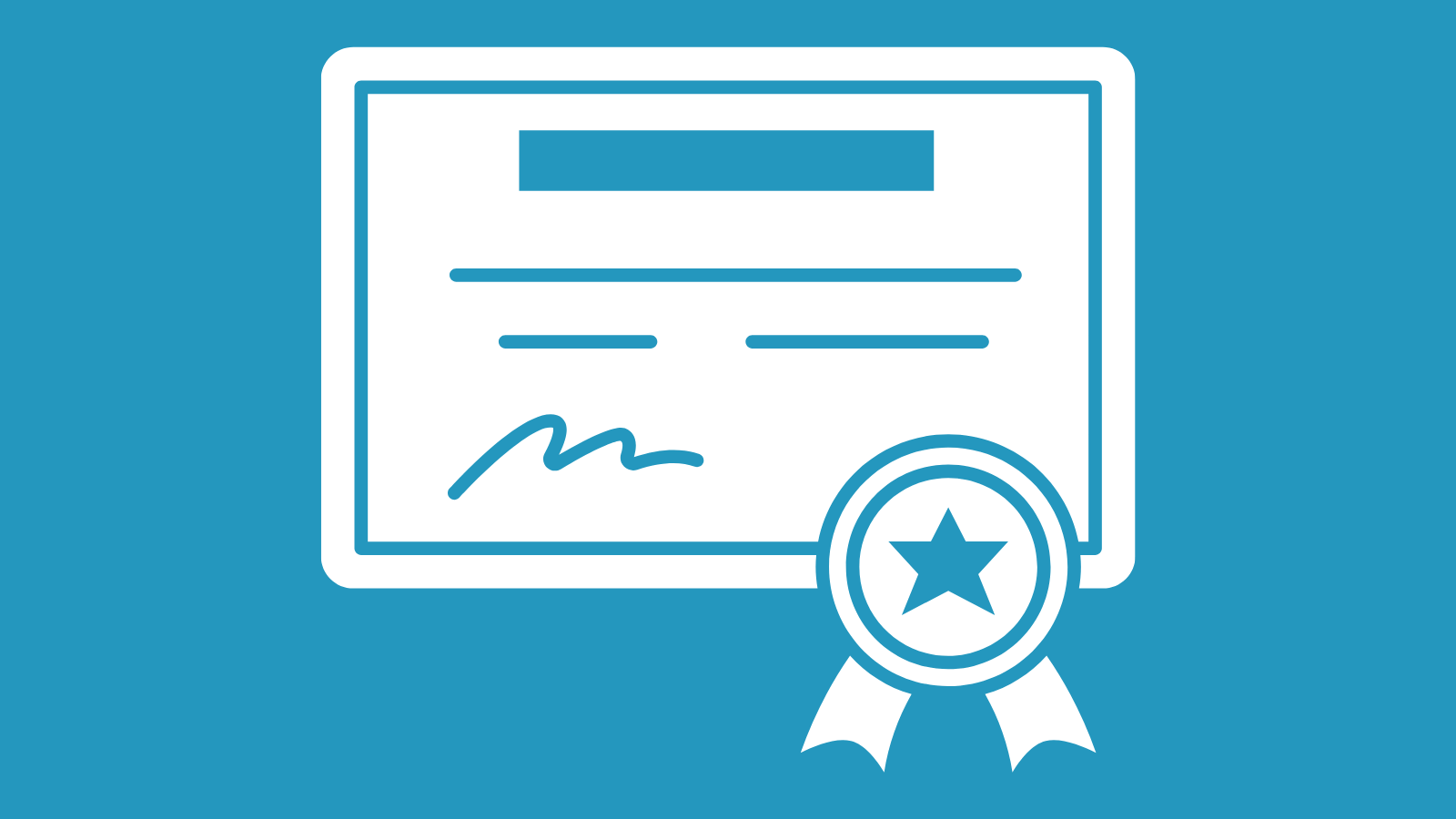
Payroll
- Net pay
- Bonuses
- Commissions
- Overtime pay
- Paid time off
.png?width=1600&name=Cash%20Money%20(1).png)
Marketing
There’s no need to go all out with marketing right away, but you’ll have to spend some money on it early on. After all, you won’t be able to get customers if people don’t know you exist. Some startup business marketing costs could include:
- Social media ads
- Pay-per-click ads
- Blog
- Email marketing
- Business cards
- Flyers and signage

Taxes and Accounting
Don’t forget about your taxes! An accounting software may work for everyday stuff, but you’ll probably need to consult with an accountant at some point. Hiring one may seem like a big upfront expense, but it can save you later on by helping you take all the write-offs you can.

Legal Fees
It’s a good idea for new business owners to consult with a lawyer about your business structure and the laws that apply to your area. This consultation costs money. Incorporation also costs money. The exact amount depends on your legal structure. The options are:
- Sole proprietorship
- General Partnership
- Limited Partnership
- C-Corporation
- S-Corporation
- Limited Liability Company (LLC)
.png?width=1600&name=Legal%20(1).png)
Assess your needs and assign a dollar amount to each item
Your business expenses will vary depending on your industry and the area you’re operating in, but you should get as accurate as possible so you can realistically plan your budget. Here are a few ways you can do that:
- Check the financial statements for similar businesses
- Estimate ongoing and one-time expenses
- Overestimate startup costs
- Decide which costs are essential and which costs are optional
- Determine which costs are fixed and which are variable
- Contact potential vendors and suppliers
- Consult with an accountant
Calculate Your Startup Costs
Once you’ve estimated the costs for each specific business expense, add them all together and make adjustments. The U.S. Small Business Administration has a handy tool that can help you out.
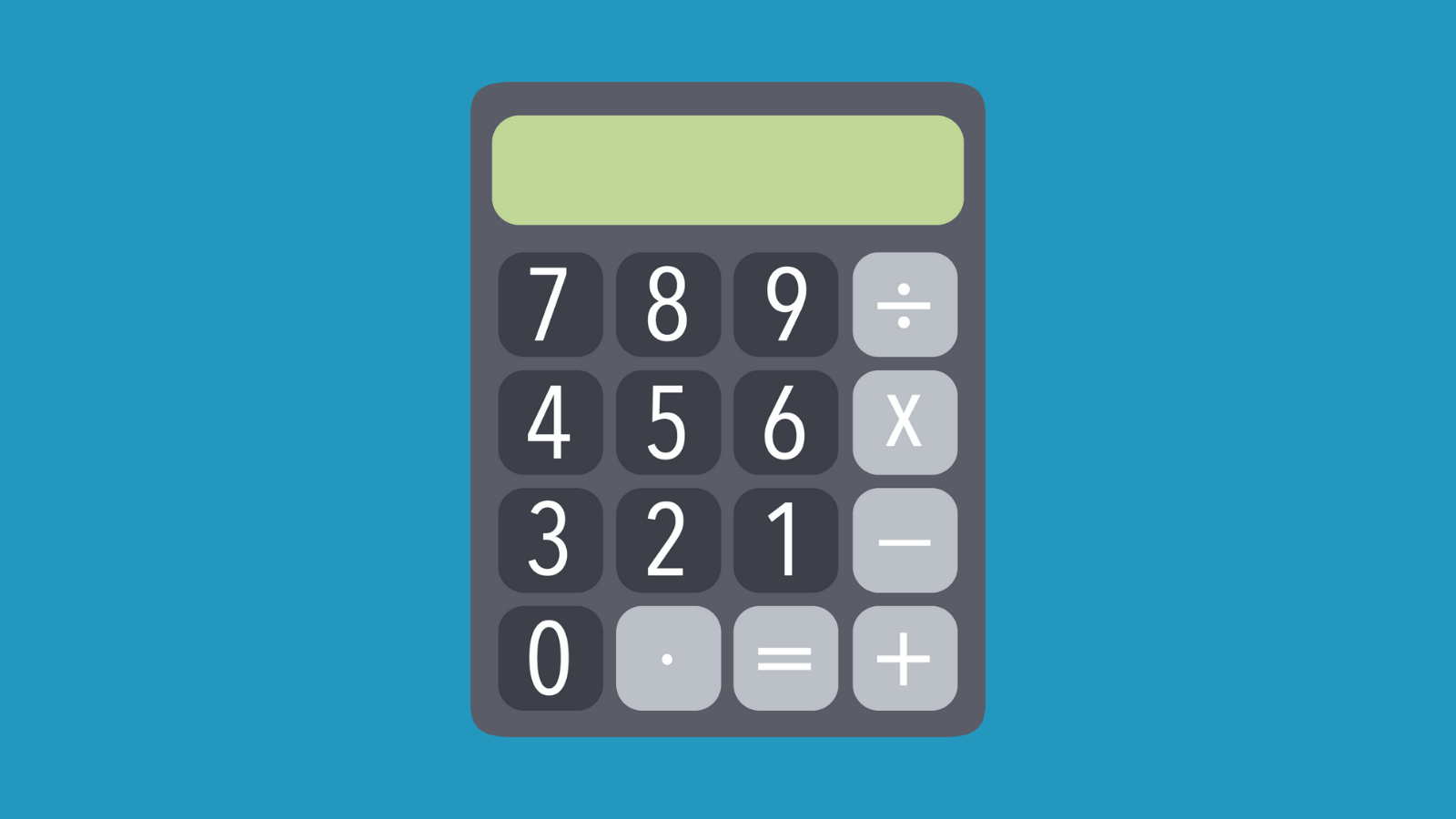
Get Startup Funding
Here are a few financing options for your new business:
- Getting a loan
- Bank loan
- Small business loan
- Business line of credit
- Crowdfunding
- Private investors
- Using your personal savings
- Using a credit card
Before you apply for a loan, create a formal report of your expected startup costs in a clear, easy to understand format. Lenders want to know what you’re doing with the money they lend you.
How to Save on Startup Costs
- Do the work yourself instead of hiring someone
- Run an online business rather than a brick and mortar business
- Hire freelancers for specific tasks
- Buy office supplies and other items you use often in bulk
- Buy second hand equipment and office furniture as long as it’s in good condition

How Sav Can Help
One way you can save money and effort on starting your business is trusting Sav for your website. From buying a custom domain to selling your products, we make it easy and affordable. Start building today!
Newsletter
Popular
Top Articles
Recommended articles
How to Come up With Ecommerce Product Ideas
Whether you’re starting a new ecommerce business or expanding a pre-existing one, what products to sell online is an important decision....
Read moreHow to Create a Modeling Portfolio
What is a Modeling Portfolio? A modeling portfolio is a demonstration of your skills and talent you can show to potential employers and...
Read moreThe Best Side Hustles From Home to Try
Why Start a Side Hustle from Home? Earn Extra Money Being alive is expensive right now. Whether your financial goals are to pay off your...
Read more
